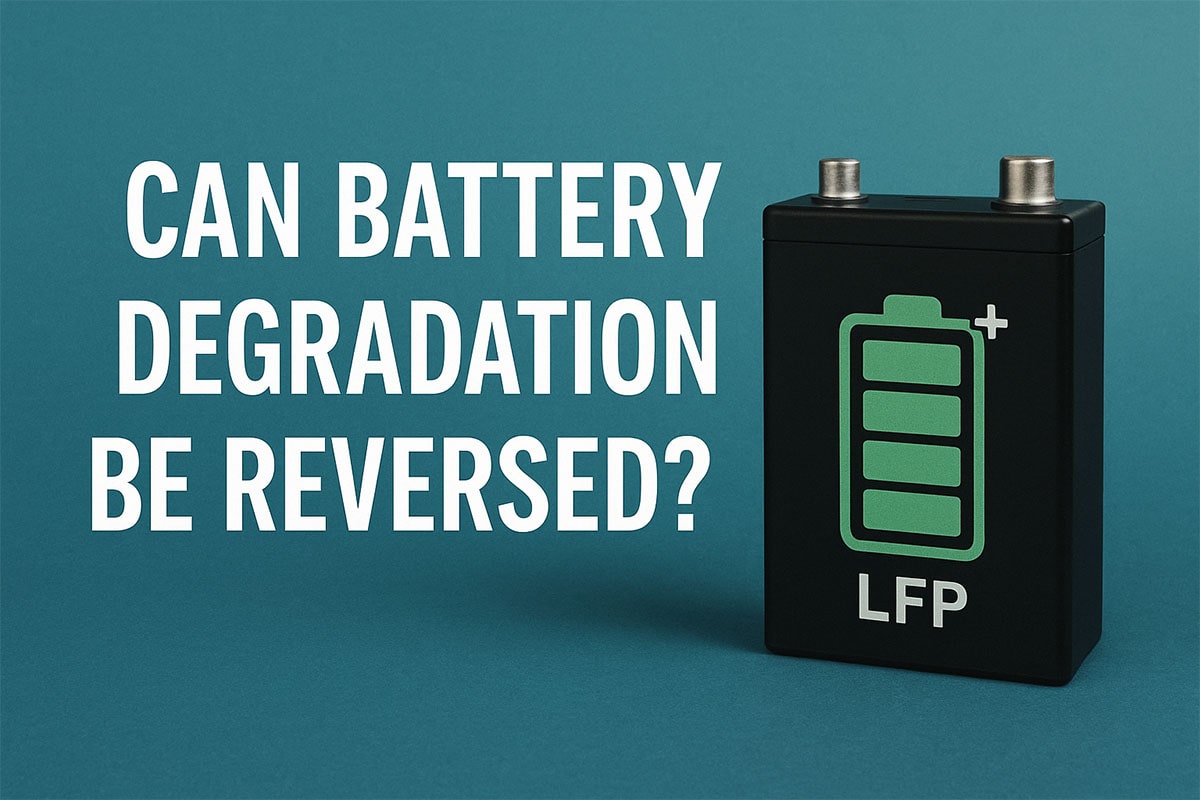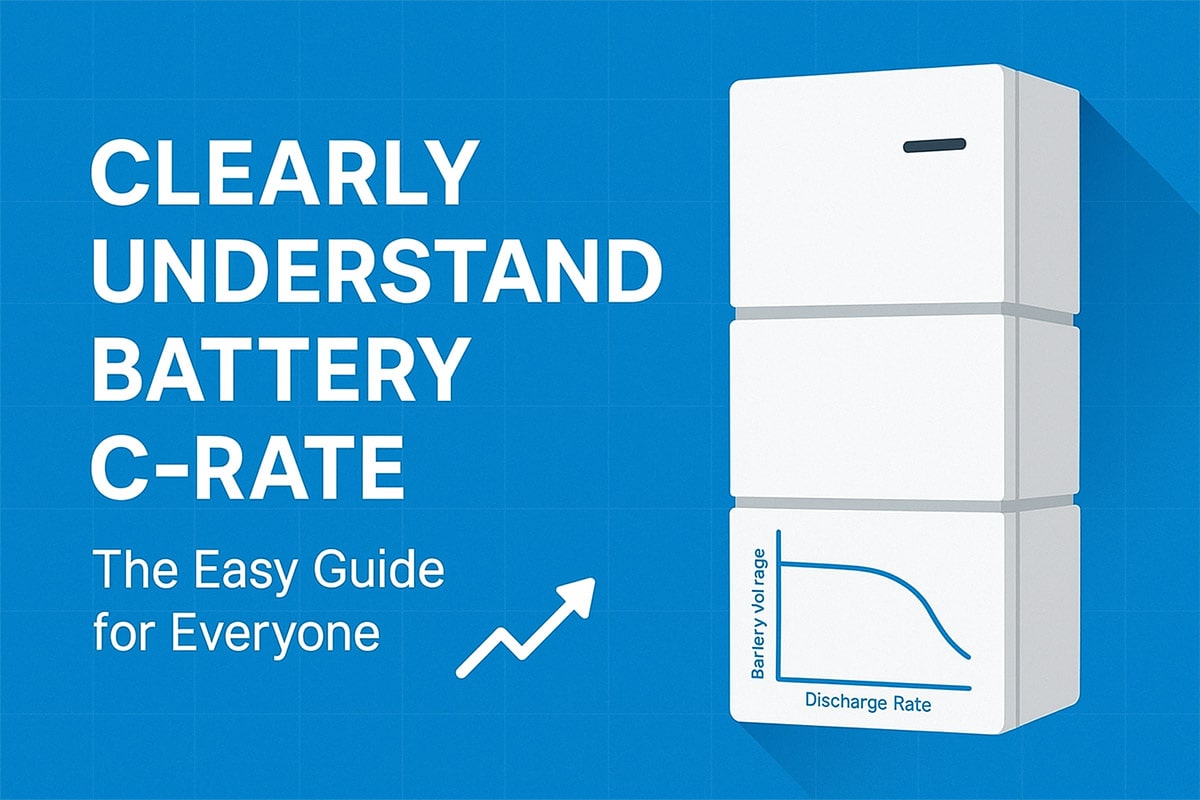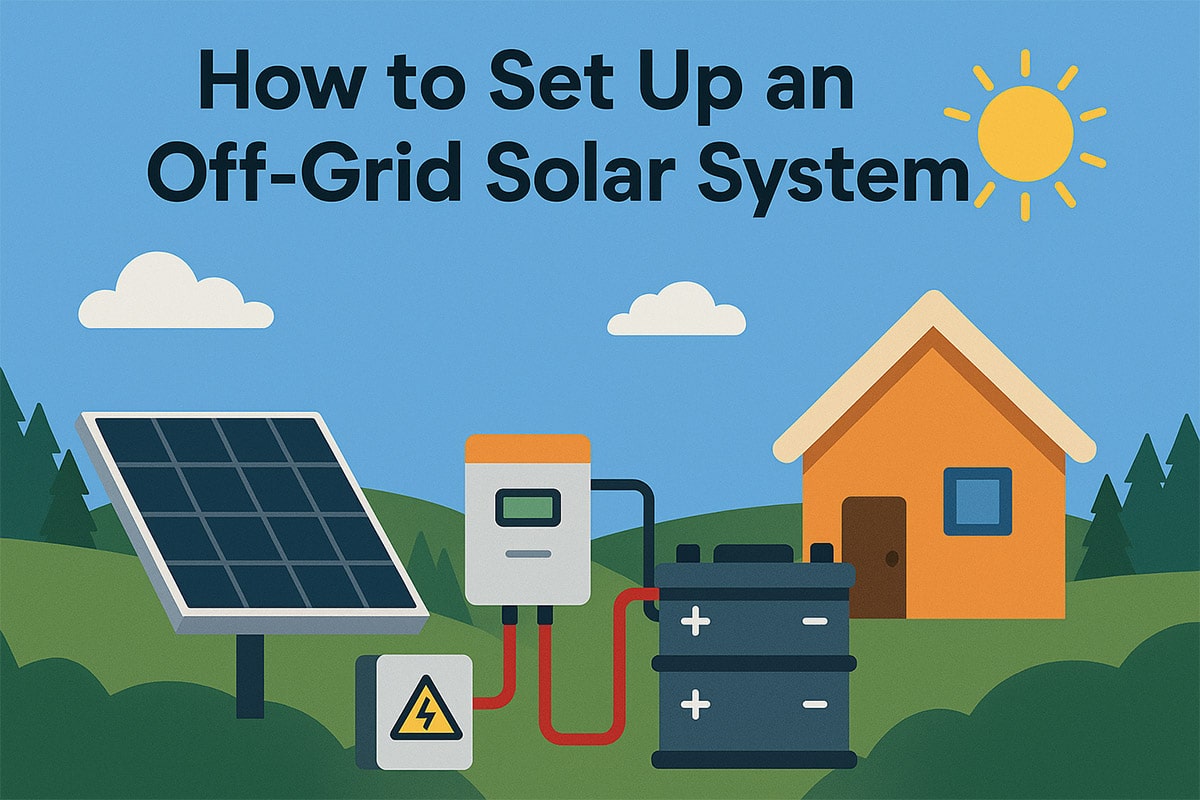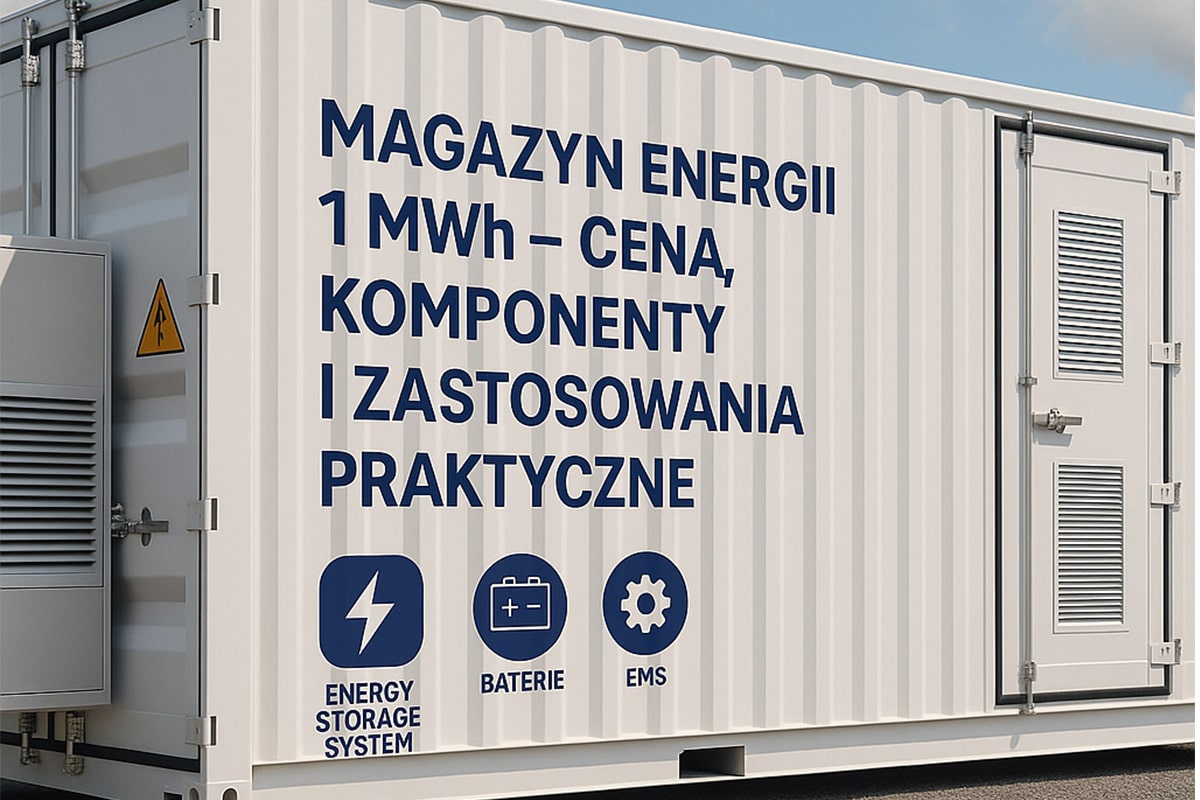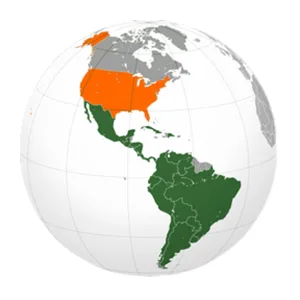15 Most Frequently Asked Questions About Home Solar Systems
15 Most Frequently Asked Questions About Home Solar Systems
You may not understand some aspects of solar energy. I hope to understand the situation. In fact, many people are the same as you. We invite readers to submit their biggest questions about solar energy and let JAD, the product development manager of Dawnice to answer these questions directly.
1.How do solar panels work?
Solar panels use photovoltaic cells to convert sunlight into DC electricity, which is then converted into usable AC electricity by a solar inverter.
2.What size solar system do I need for my home?
The size of the solar system you need depends on your energy consumption, the size of your roof, and the amount of sunlight your home receives. A solar professional can help you determine the appropriate size for your needs.
3.When there is no sun, can my solar panel generate electricity?
Direct sunlight on the panels is not necessarily required. Solar panels generate electricity based on UV light, so even on cloudy days, the panels can generate electricity. However, since there is no UV light at night, the solar panels won’t produce any energy after the sun goes down.
4.Can I install a solar system myself?
While it is possible to install a solar system yourself, it is highly recommended to hire a professional solar installer to ensure that the system is installed safely and correctly.
5.How much money can I save with a home solar system?
The amount of money you can save with a home solar system depends on a number of factors, such as your energy consumption, the size of the solar system, and your local electricity rates. On average, homeowners can save several thousand dollars over the life of the system.
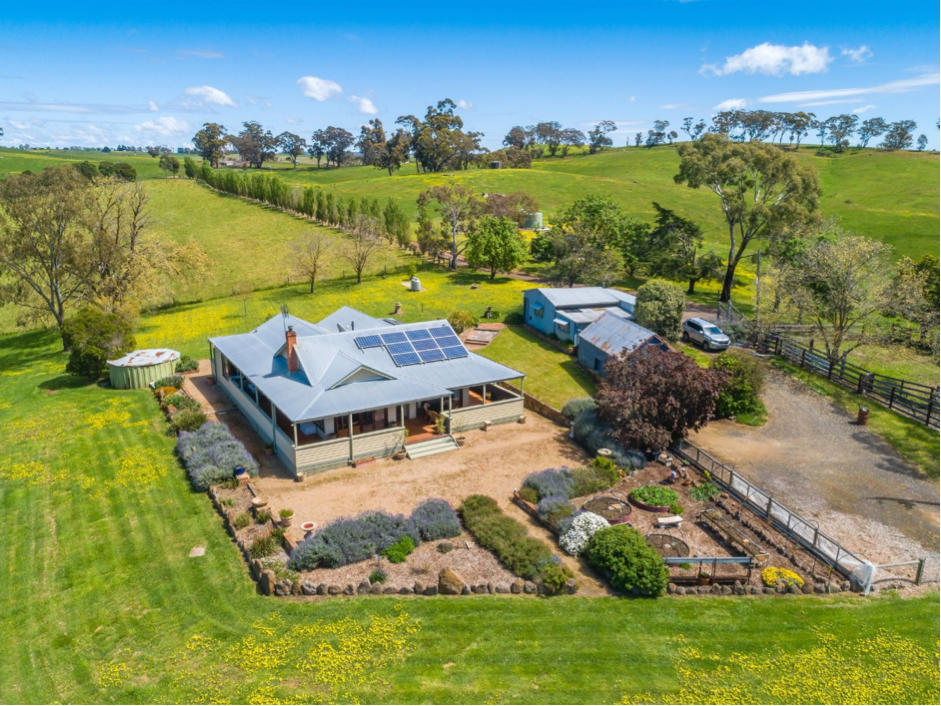
6.How do solar panels need to be maintained?
Annual professional cleaning is recommended to minimize the impact of contamination and increase the output of the solar panels.
7.I am building a house,What do we need to do during construction to make sure you can install solar panels later?
You don’t need to do anything special – most homes can have solar panels installed.
8.How long will my system last?
Solar panels typically last up to 25 years, but your PV inverter may need to be replaced every 5 to 15 years.
9.My solar panel-Can it withstand extreme weather conditions?
Solar panels are specially designed to operate in extreme weather conditions, so no problem.
10.How to judge whether the system needs to be added or upgraded?
Typically, if you’re consuming most of your solar energy and not enough solar energy for your daytime needs, you may need a larger system.
To be more informed, you’ll need some detailed reporting to determine if there’s been a period of time when you haven’t output any solar power and are still getting power from the grid. How often and when this happens (for example, it’s common in winters in Victoria) will determine whether you should upgrade to a larger system.
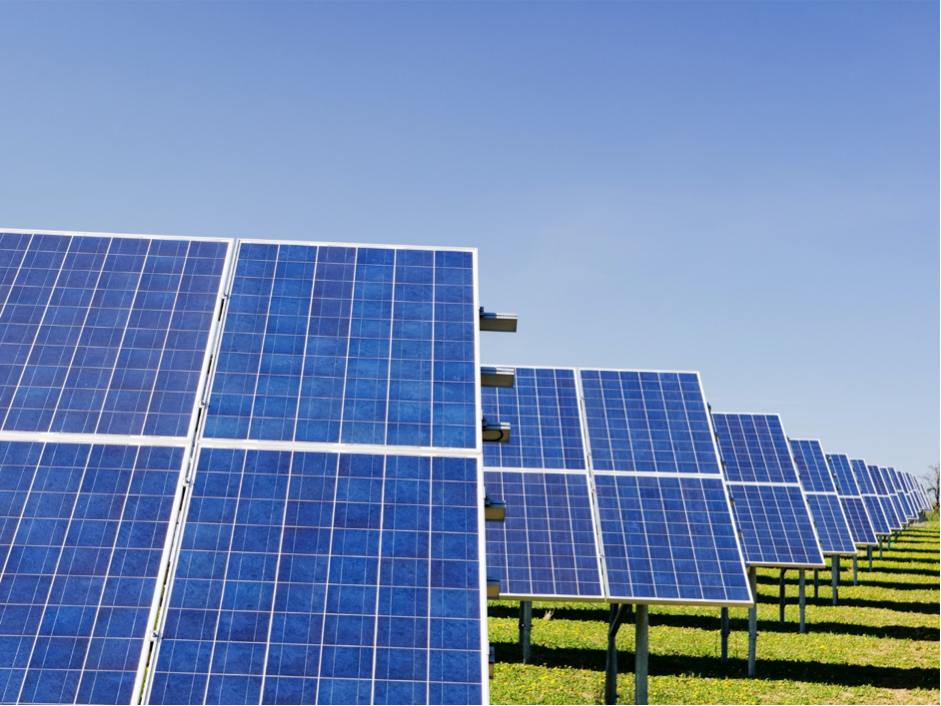
11.Can I live off the grid after using solar panels?
Yes, there are a variety of federal, state, and local incentives available for homeowners who install solar systems, including tax credits, rebates, and grants.
12.Will I still get an electricity bill?
Even if you’ve reduced your traditional electricity bill to zero, there may still be some charges. Electricity bills usually include a flat service charge for the property, and you may also have charges for nighttime electricity.
13.Can I use my solar system during a power outage?
Most standard solar systems are designed to shut down during a power outage to prevent backfeeding into the grid. However, there are battery backup systems available that allow you to use your solar system during an outage.
14.Are there any incentives for installing a solar system?
Yes, there are a variety of federal, state, and local incentives available for homeowners who install solar systems, including tax credits, rebates, and grants.
15.We just moved into a new home with solar panels, What do I need to know?
You should ensure that the system meets current safety standards and conduct solar repair services or inspections to ensure the system is operating efficiently.

